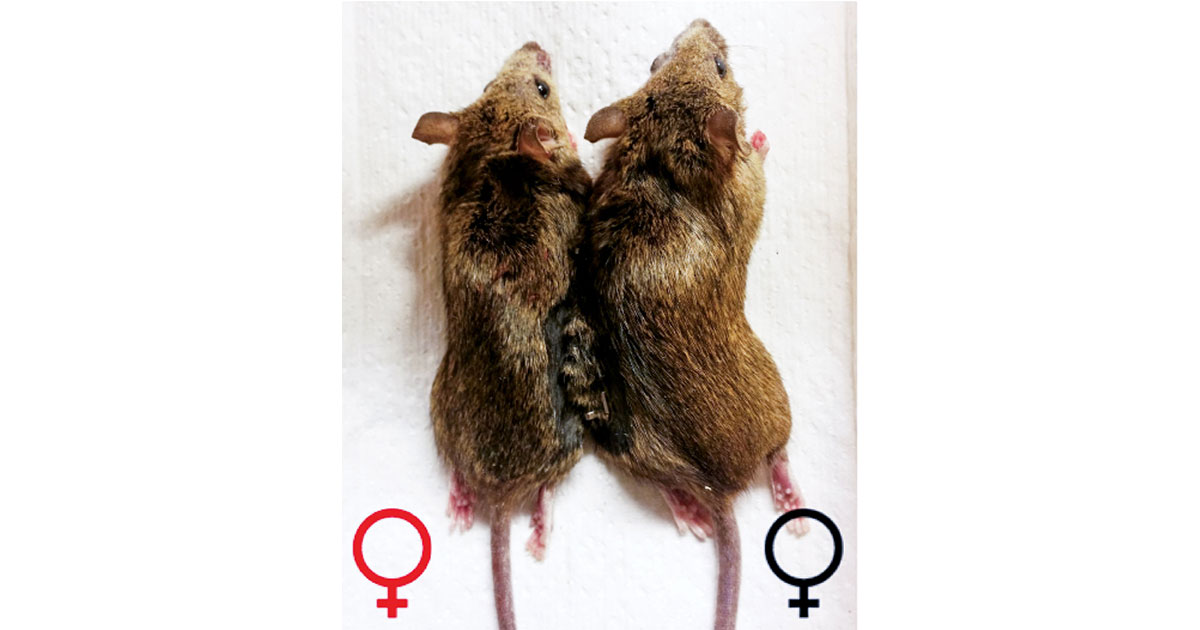Advertisement
Grab your lab coat. Let's get started
Welcome!
Welcome!
Create an account below to get 6 C&EN articles per month, receive newsletters and more - all free.
It seems this is your first time logging in online. Please enter the following information to continue.
As an ACS member you automatically get access to this site. All we need is few more details to create your reading experience.
Not you? Sign in with a different account.
Not you? Sign in with a different account.
ERROR 1
ERROR 1
ERROR 2
ERROR 2
ERROR 2
ERROR 2
ERROR 2
Password and Confirm password must match.
If you have an ACS member number, please enter it here so we can link this account to your membership. (optional)
ERROR 2
ACS values your privacy. By submitting your information, you are gaining access to C&EN and subscribing to our weekly newsletter. We use the information you provide to make your reading experience better, and we will never sell your data to third party members.
Biological Chemistry
Newscripts
Gifts for the science-minded, Nanomaterials from cashews
by Linda Wang
November 27, 2006
| A version of this story appeared in
Volume 84, Issue 48
Gifts for the science-minded
This Christmas, give the gift of chocolate. Designer CHOCOLATE BAR company Bloomsberry offers a dark chocolate bar named Bochox that comes in what looks like prescription drug packaging.
First introduced in New Zealand but now available around the world, Bloomsberry chocolates turned up for this Newscripts reporter in Bethesda, Md., at an upscale gift shop called Artsy Fartsy. The treats were selling at $5.25 a bar.
The packaging on Bochox indicates, "For relief from the symptoms of wrinkles and crow's feet." It includes a warning label that reads, "May cause weight gain if used incorrectly," along with directions that say, "Simply break off the desired dosage and consume. You should quickly be overcome by stress-relieving endorphins and no longer concerned in the slightest about your wrinkles."
Bloomsberry also offers a milk chocolate bar called Oral Pleasure, which, as one might guess, comes in packaging designed to look like prescription oral contraceptives. For more chocolate bar designs, visit the company's website at www.bloomsberry.com.
Have a friend or colleague who loves looking at DNA patterns? Consider getting them a personalized DNA PORTRAIT to hang on their wall at home. Since 2005, Canadian start-up company DNA 11, www.DNA11.com, has been creating abstract art based on DNA samples that customers mail in.
Using the company's collection kit, you can send in a sample of saliva. The lab at DNA 11 extracts your DNA, runs it on a gel, and then photographs it. In the final step, the pattern, available in different colors and sizes, is printed on a canvas, and the finished piece should arrive in the mail six to eight weeks later.
The portraits start at $390, so hope that you have some pretty genes!
Other unique gift ideas include a self-watering plant pot by Vitamin, www.vitaminliv ing.com. The pot is shaped like a flask, and attached to it is a miniature intravenous drip bag. A little morbid, but definitely unique.
And Moixa Energy sells AA batteries that can be recharged in minutes by plugging into a USB port on any desktop or laptop. The batteries also come in AAA and C/D formats and are available at www.usbcell.com.
Nanomaterials from cashews
Apricot and cashew nut by-products can be used as RENEWABLE FEEDSTOCKS to make a variety of soft nanomaterials, according to research by George John and Praveen Kumar Vemula of the City College of the City University of New York (Soft Matter 2006, 2, 909).
Born and raised in south India, a tropical region where cashew nuts are abundant, John naturally thought of the nut when searching for an inexpensive starting material for organic materials and fuels. When cashew nuts are roasted, the shell breaks, and a liquid containing phenolic compounds oozes out. The researchers used the liquid as a raw material to synthesize aryl glycolipids, which, upon self-assembly, can generate a variety of soft nanomaterials, such as lipid nanotubes, twisted/helical nanofibers, low-molecular-weight hydro/organogels, and liquid crystals.
These nanomaterials may have applications in biomaterials and biosensors. In related work, the researchers used amygdalin, a by-product from the apricot industry, to produce amphiphiles that have unprecedented gelation properties. These amphiphiles form hydrogels, which the researchers demonstrated in a model could be used as a drug-delivery vehicle.
This week's column was written by Linda Wang. Please send comments and suggestions to newscripts@acs.org.







Join the conversation
Contact the reporter
Submit a Letter to the Editor for publication
Engage with us on Twitter